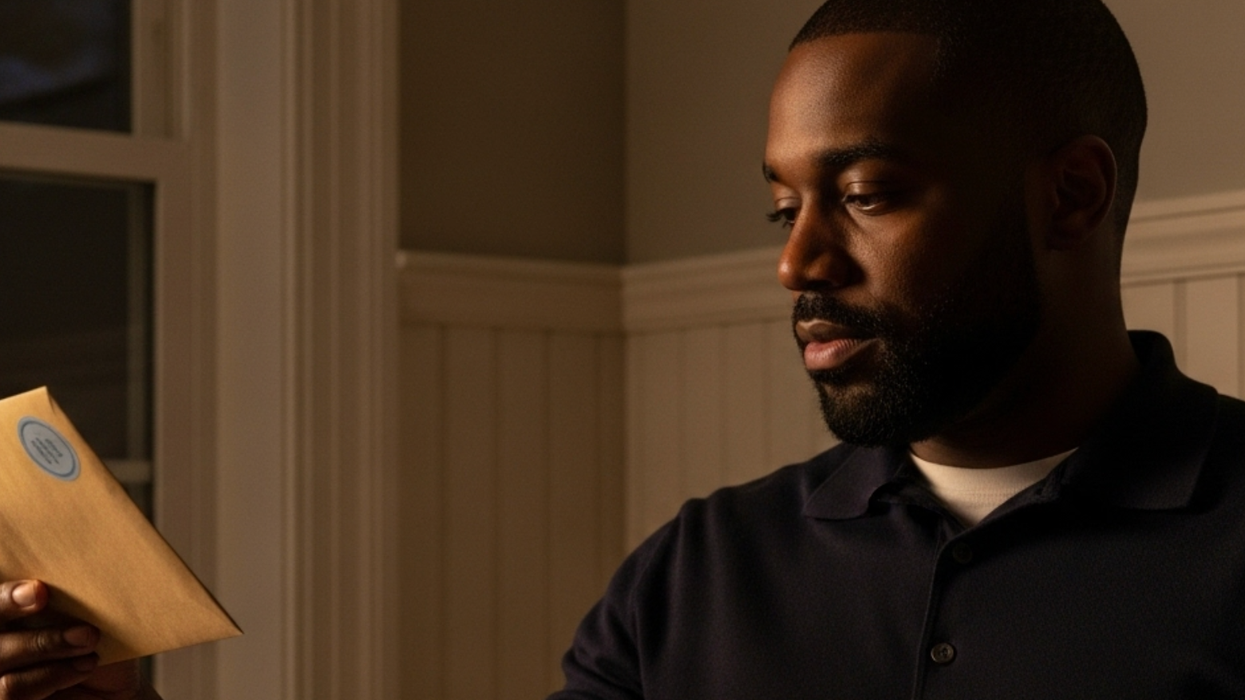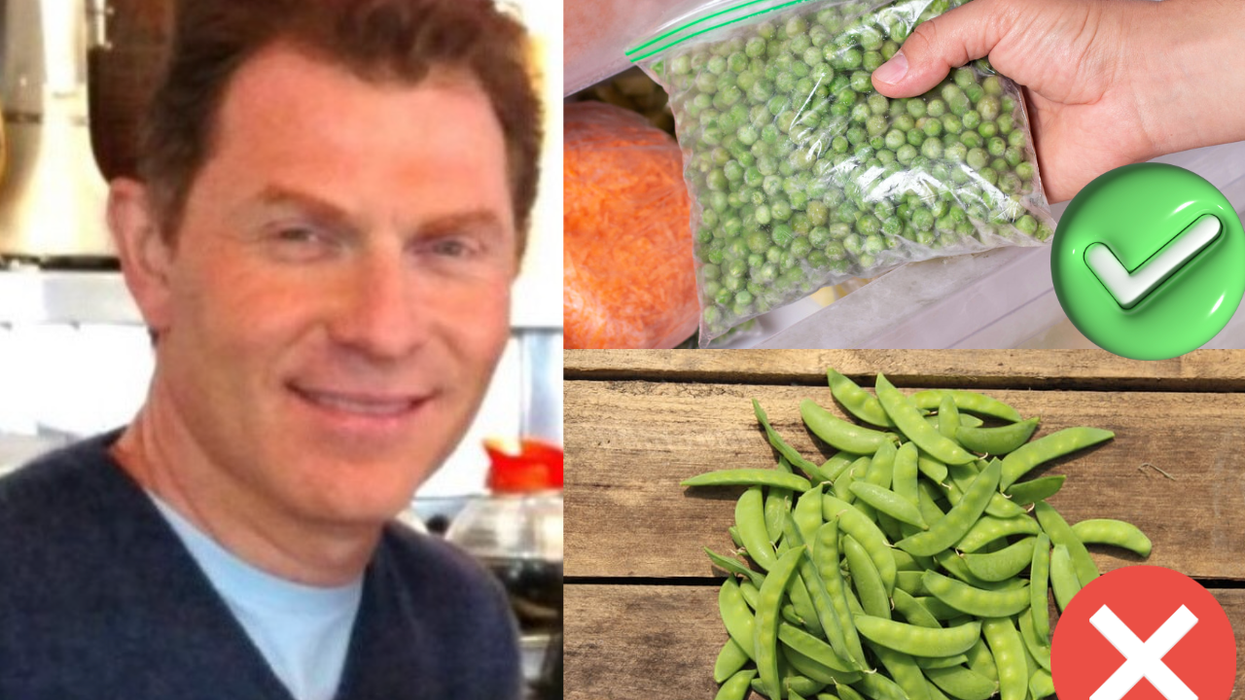Cookbooks often read better as literature than as technical lab manuals. That shouldn't stop us from reading them, or from improvising our recipes.
We no longer learn to cook solely from generations-old oral traditions. Our recipes don't tend to get handed down from village bakers, local brewers, or blood relatives. So, when the holidays hit, chances are we'll head to the bookshelves for ways to make stuffing or cranberry sauce. This approach is not without its pitfalls. As John Thorne-the "outlaw cook" known for his renegade newsletter, Simple Cooking, which has developed a devoted cult following-wrote, "Cookbooks can be wonderfully entertaining and informative, but I don't like bringing them to the stove with me." The same could be said for laptops or iPhones.
Cookbooks, it seems, sometimes serve better as bedtime reading than they do as lab manuals for cookery. Adam Gopnik writes in this week's New Yorker: "Anyone who cooks knows that it is in following recipes that one first learns the anticlimax of the actual, the perpetual disappointment of the thing achieved." After all, cooking well involves a knack that you can't pick straight off the page.
So why not forget about following recipes altogether and watch the Food Channel's girl next door whipping up a luscious tomato salad. And then order take out? When blogger Jason Kottke discovered that the mouthwatering recipe for ramen in David Chang's new cookbook required kombu and five pounds of pork bones, he said the book acted less like a cookbook and more like a Trojan horse for luring new customers into Chang's restaurants.
Another problem with cookbooks is that following recipes to the letter inhibits the impromptu adaptive stuff that happens when you have to substitute, improvise, or fix your mistakes. The British food writer Nigel Slater compared recipes to wearing a straight jacket or compromisingly tight Spandex. Exacting recipes transform the engaging, romantic alchemy of cooking back into a laborious, anxiety-ridden chore.
There's little doubt that certain recent cooking tomes of biblical proportion (some weighing in at up to 12 pounds) don't really seem designed for kitchen instruction. They're meant to tell stories, whether those stories are about perfecting techniques or about creating unreproducible seared duck breasts. Except for the exacting science of molecular gastronomy, which takes persnickety-ness to its furthest extreme with spheroid balls of solidified tea and freeze dried lobster tails, more cookbooks are shedding absolute, codified recipes in favor of instructions designed to inspire culinary improvisation.
Which brings us to one of the biggest recipe food fights in recent memory: The battle between Chris Kimball of Cook's Illustrated, on one side-representing the professional tried-and-true, thoroughly tested recipe measured down to the last ounce, in one corner-and the online food wiki, Food52, on the other-representing the open-source, evolving, experimental recipes from any home tinkerer's kitchen. Kimball has been criticized for dry, bloodless writing, whereas Food52 can come across as just another collection of half-baked recipes-a modern form of the community cookbooks put out by the Ladies Auxiliary.Next month, the two are hoping to stage a showdown that will settle which method makes the best recipes.
The primary point of their standoff may-like cookbooks themselves-be entertaining storytelling. Cooking ultimately comes down to the cook-not a recipe. Home cooks who can't derive a good meal from a cooking magazine won't do better using intuition alone-or a wiki model. But, hey, if there's conflict and resolution, it's a good recipe for a book, a home-for-the-holidays meal, or a protracted online food fight. I know I'll be watching.














